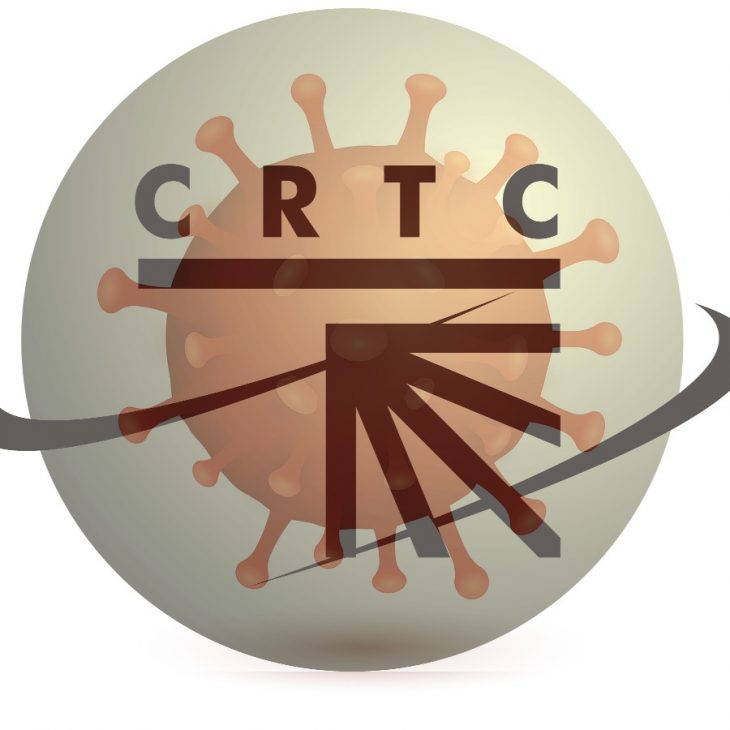
By Denis Carmel
GATINEAU – In the reply phase in the CRTC’s “Call for comments on an application by the Canadian Association of Broadcasters requesting regulatory relief for Canadian broadcasters in regard to the COVID-19 pandemic,” the Canadian Association of Broadcasters re-iterated their members’ situation is dire and help can’t be delayed.
As readers will remember, the CAB filed an application in July saying its members expect to be in non-compliance on their Cancon spending for the 2019–2020 broadcast year, which ended on August 31st, due to the impact of the Covid-19 crisis. In response, the Commission issued a Notice of Consultation that was quite a departure from the CAB application itself. The intervention phase, which we reported on here, ended October 19.
Since the licences of the large ownership groups expire on August 31, 2022, renewal applications are normally filed in the fall of 2021 – and the beginning of the same process of smaller players start in 2022, there has been some thought any remedies could wait until them. No way, says the CAB.
“Under no circumstances should TV renewals be deferred and current licence conditions be extended beyond their current terms. Private broadcasters require a re-consideration of their licence conditions to ensure their suitability in the current open broadcasting environment. This must happen as soon as possible.” (The bold emphasis is in their reply.)
As for radio, a review of Commercial Radio Policy has been talked about for years. “The CAB urges the Commission to substantively initiate this proceeding as soon as possible. While the proceeding will come too late to help private radio handle the immediate effects of the pandemic, it will hopefully help radio deal with the aftermath,” they also offer.
In responding to some of the interventions, the CAB is blunt. “A surprising number of Beneficiaries adopted what might be called a ‘conspiracy theory’ perspective: the CAB’s application is a ruse; a clever but ultimately transparent attempt to unwind policies constricting of broadcasters and favourable to the Canadian creative community, all under the guise of Covid-19.”
This simply isn’t true, says the association, whose largest members still carry the ball with these plays. “Consolidation and vertical integration has helped stave off losses—how else could local private TV have survived 6 years of accumulated losses? Group TV conditions of licence already reflect the synergies and combined resources of discretionary and local private TV. The CAB’s good faith deemed compliance approach would also take such synergies into account. But private companies that see no prospect of future profitability in a material part of their operations ultimately have little choice but to shut them down. And private broadcasters are no exception.”
In its final reply the Canadian Media Producers Association reiterates its demand that obligations must be met in full and not wiped out. “There is no reliable evidence on the record to substantiate broadcaster requests to eliminate, decrease, or otherwise vary spending obligations,” its reply states.
“The CAB argues that creators, producers, and other unlicensed industry stakeholders ought to somehow prove that broadcasters’ requests for relief (which are unquantified) would ‘unreasonably affect’ these industry stakeholders. This is a bizarre attempt to deflect from the lack of financial information from private broadcasters in this consultation. It also reverses the well-established onus from licensed private broadcasters onto unlicensed stakeholders to prove that any shortfalls on required expenditures ought to be met.”
As for next steps, the CAB strongly urged the Commission to act, or at least issue a statement, as soon as possible on its requests for relief.


